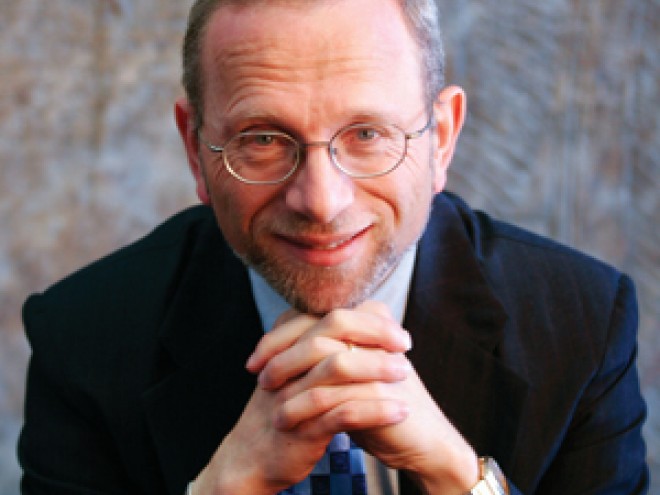By
– October 31, 2011
While much is known about afternoon “Hebrew schools” in the United States and Canada, Fradle Pomerantz Freidenreich opens our eyes by chronicling the rise and decline of Yiddish schools and camps of all ideologies. By including a CD with fifteen summer camp songs in Yiddish, this book has a joyful sound track. The one thousand Yiddish schools, or shuln, that thrived from 1910 – 1960 ranged in ideology from religious to avowedly secular, from a Labor Zionist stance to a focus on the arts and literature. At least one school offered classes in black history alongside classes in Jewish history. Yiddish secular summer camps also flourished in the 1920s and 1930s, promoting cultural continuity and moral development in the out of doors. This book will be especially interesting to Jewish community leaders and to proponents of Hebrew language charter schools in our era who are interested in seeing how secular and public-sponsored Yiddish schools thrived. Young Jews were taught to affirm elements of Jewish tradition that were “in harmony with Jewish life in America.” Regrettably, we all know how the story ends; but did we know, for example, that at Camp Boiberik in upstate New York, most camp communications came in Yiddish until the 1940s, when only 47% of the parents requested Yiddish communications? And who knew that by 1961, all of the parents were asking for English communications? With so many photographs and images, this hefty book is a pleasure to read for academics and for general readers as it brings the Yiddish shuln and camps to life. Appendix, bibliography, CD with fifteen Yiddish camp songs and lyrics, glossary, index, including extensive listings of shuln.
Judd Kruger Levingston, Ph.D. and rabbi, serves as Director of Jewish Studies at Jack M. Barrack Hebrew Academy in the Philadelphia area. Levingston is the author of Sowing the Seeds of Character: The Moral Education of Adolescents in Public and Private Schools (Praeger, 2009).





